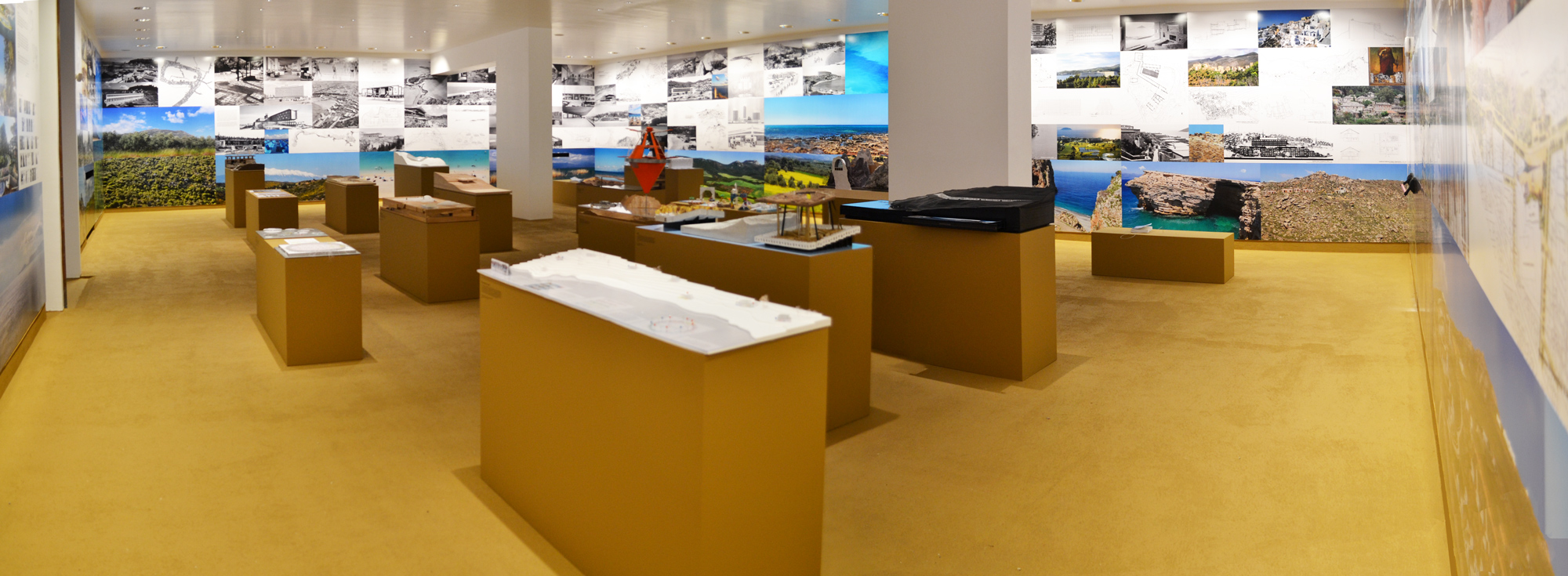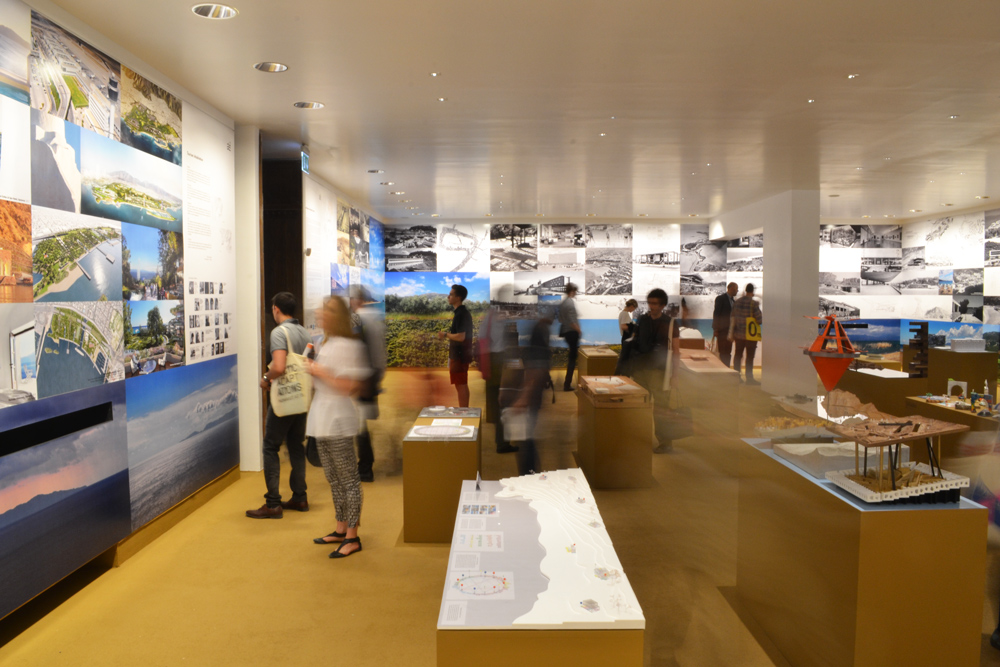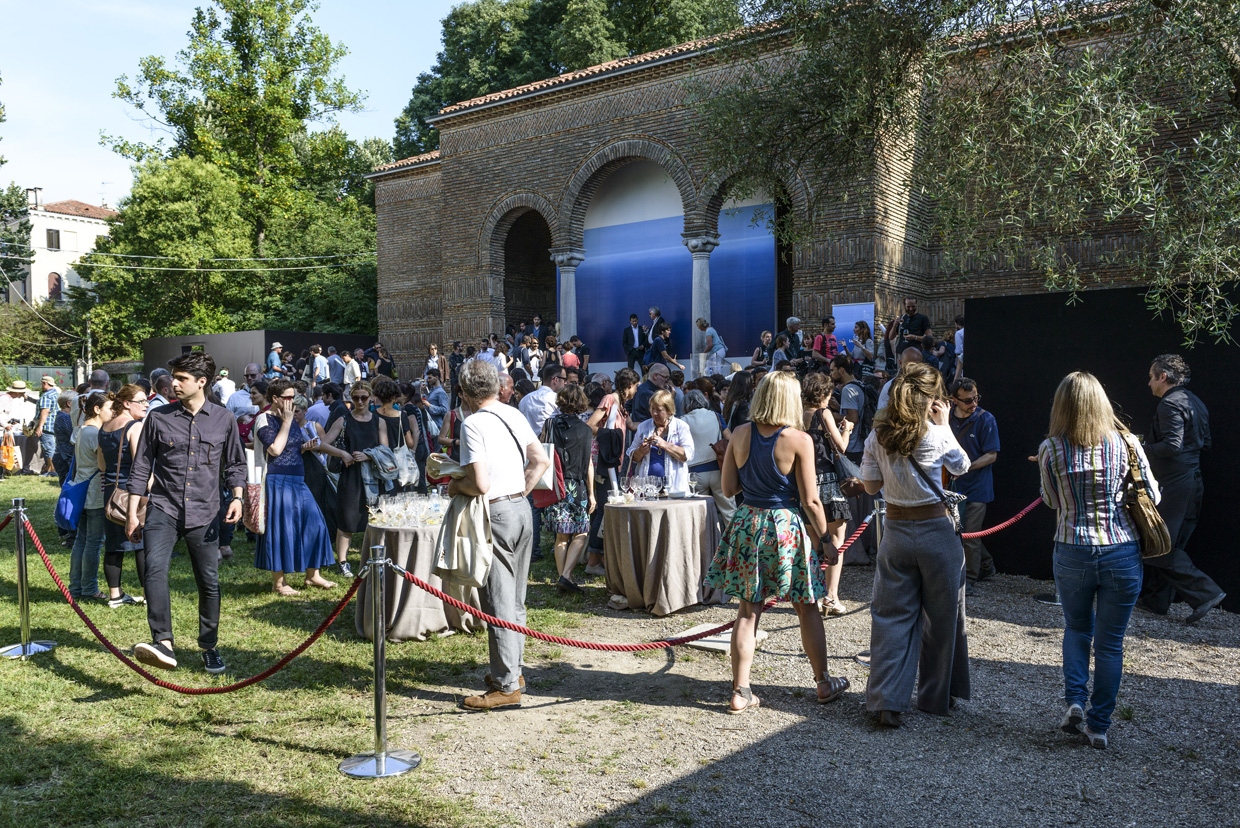
Tourism Landscapes, 2014


What crisis?
The actual challenges of the tourist industry are not a result of any recent financial meltdown, but represent the systemic crisis of its providers. Tourism is an analytical term, not an activity. It describes the market for leisure and travel experiences beyond mundane every-day activities. Perceived as ones most individual needs, the trillion dollar industry of tourism illustrates the fact, that the latter might not be so individual after all. From the many different aspects of tourism it is mass tourism, which accounts for one of globalization’s major impacts and regional business models; particularly in southern Europe. New digital market tools like AirBNB drastically defy the economic potential of all professions and branches, which provide standardized information and products. The most successful tourism concepts of the last decades are based on the creation or simulation of diversity. But how could this strategy ever compete with real diversity offered by the peer to peer market tools?

Sharing and choosing à la carte
The new sharing economy will produce new typologies, that respond to the personal preferences of space, time and individual networks. The revised models of mass tourism will lead to a new type of tourism architecture. They are at the same time are a direct response to economic realities and to the ongoing demand to increasingly fragmented and diverse needs of todays travelers.

Re-evaluating the existing
As in any country hit by the real estate crisis, there’s also in Greece a remarkable number of existing private resorts and vacation homes out of a wide range of architectural and typological diversity. Mostly built for private purposes and with specific spatial qualities, equipped with the whole bandwidth of todays infrastructural and technological features. This existing built legacy - the “hard-ware” - is a valuable economical resource and a cultural asset which easily and by contemporary means of technology - the “software” - can be reevaluated and become a viable product of the international tourism industry. The model of physically and economically reusing the existing, helps to reduce costs, while personalizing the costumer experience more than any other existing model of the holiday industry. It covers the full spectrum from budget conscious accommodations to luxury properties and testifies of the different phases of greek tourism architecture.

Blurred Host-Guest Relationship
The incredible transparency of all market participants is putting an end to the predominance of a few players by democratizing supply and demand - now everyone is able to offer, advertise and trade its property and service. With the increased divergence of individual habits and needs, we also experience a blend of work time and free time. Cooking as leisure; gardening as leisure; building as leisure. Through the possibility of activating one’s private space and make it a source of income, the concept of commercial/private, host/guest becomes obsolete. Space therefore needs to serve an even greater flexibility and provide the ability for both: disconnection from the mundane and ultimate connection to the market and networks. The most effective way to react to the need for flexibility is not by erecting new building types, but through a re-appropriation of the existing typologies.



